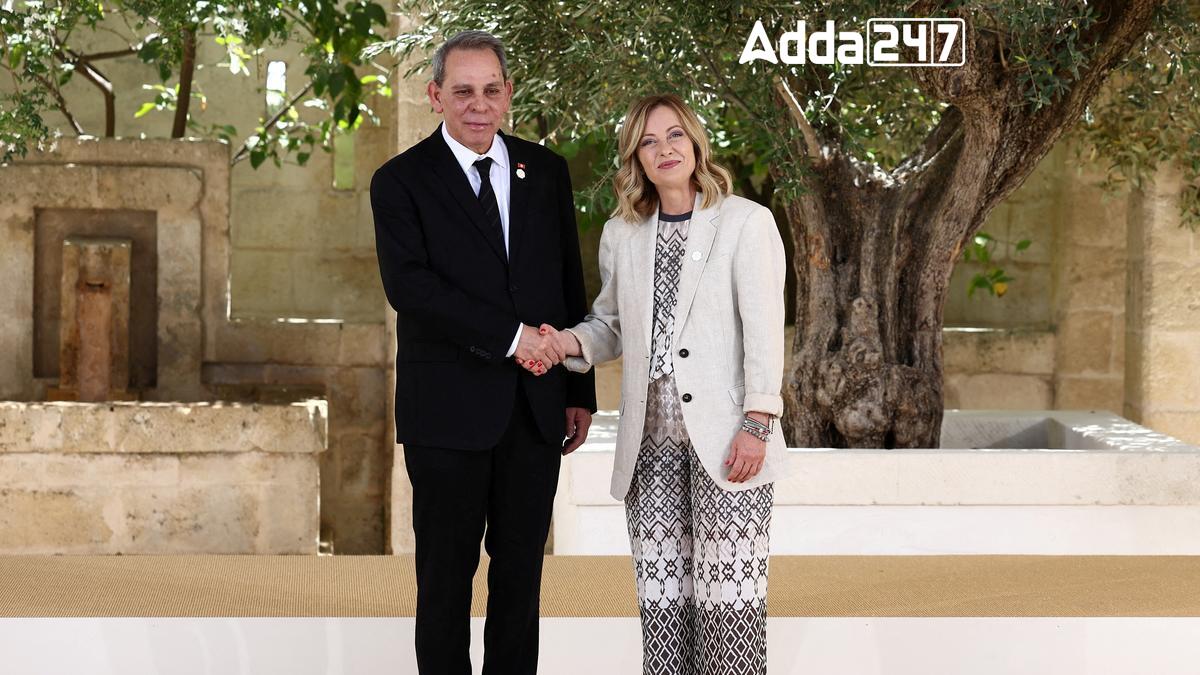In a recent political shakeup, Tunisia’s President Kais Saied has dismissed Prime Minister Ahmed Hachani and appointed Kamel Maddouri, the former Social Affairs Minister, to the role. This change marks the sixth prime ministerial appointment under Saied’s administration. The announcement comes just before Tunisia’s presidential election on October 6, amid growing social and economic unrest.
Political Shift
President Saied’s decision to replace Hachani, who had been in office for only a year, was made without providing specific reasons. The new prime minister, Kamel Maddouri, is stepping into a turbulent political environment characterized by high inflation, unemployment, and social discontent. Saied’s administration has faced criticism for its handling of economic challenges and increasing authoritarian measures.
Background on Saied’s Rule
Since coming to power in 2019, Saied has implemented significant changes, including suspending the parliament and rewriting the constitution to centralize power. These actions have sparked controversy and raised concerns about democratic backsliding in Tunisia, once seen as a beacon of progress following the Arab Spring uprisings.
Upcoming Election
Saied, a 66-year-old former law professor, has announced his intention to seek a second term in the upcoming election. His administration has been marked by a crackdown on dissent, with many potential opponents and critics, including political figures like Rached Ghannouchi of the Ennahda party, facing imprisonment and restrictions.
Impact and Concerns
The recent political maneuvers and repressive measures have heightened fears about Tunisia’s future trajectory. The country, which was hailed for its democratic advancements post-2011 revolution, now faces significant challenges as it approaches a critical election and navigates through a period of heightened political tension and instability.




 Venezuela's Maduro Sworn in Amid Elector...
Venezuela's Maduro Sworn in Amid Elector...
 6.9 Magnitude Earthquake Hits Japan, Tsu...
6.9 Magnitude Earthquake Hits Japan, Tsu...
 Mount Ibu Erupts in North Maluku, Indone...
Mount Ibu Erupts in North Maluku, Indone...


